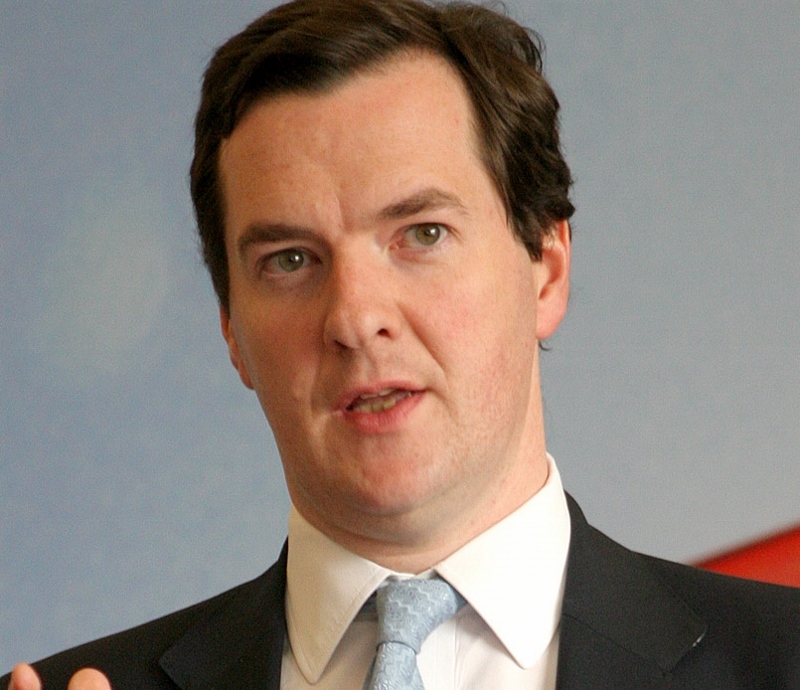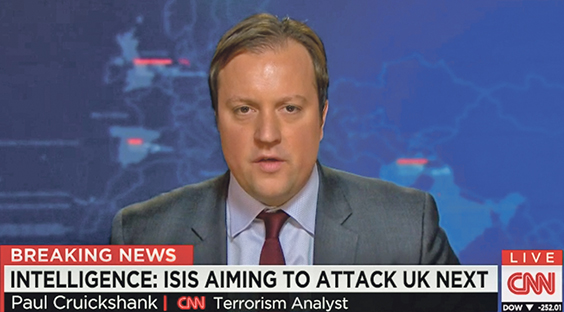Home Secretary Theresa May outlinesa a list of measures the government would introduce, including a review of the Sharia law in Britain
Home Secretary, Theresa May has announced that a blacklist of extremist individuals and organisations with whom the government and public sector should not engage, is being drawn up.
May has also outlined a list of measures the government would introduce, which includes a review of the impact of the Muslim Sharia law in Britain.
She said that the UK will no longer tolerate the behaviour of Islamist extremists who “reject our values”.

The home secretary said a future Tory government would introduce measures such as “closure orders” to shut premises owned or used by extremists. She also said there were plans for civil “extremism disruption orders” that could be used against individuals.
Mrs May also said everyone in Britain had “responsibilities as well as rights”, and must respect laws and institutions. A “partnership” of individuals and communities could tackle the issue, she added.
The home secretary outlined a list of measures a majority Conservative government would introduce, including closure orders for premises being used by extremists and banning orders. The package would include a positive campaign to promote British values.
The move goes far beyond current powers to ban violent extremist and terrorist organisations and paves the way for a range of non-violent legal organisations to be put on a blacklist and boycotted by the government.
David Cameron, for example, has promised for the last five years to ban the non-violent radical Islamist organisation Hizb ut-Tahrir but it has failed to meet the legal criteria to be banned.
The Home Office defines extremism as “vocal or active opposition to fundamental British values including democracy, the rule of law, individual liberty and mutual respect and tolerance of different faiths and beliefs. We also include in our definition
She wants a campaign to promote British values, including learning to speak English.
Measures to be introduced if the Conservatives won the general election
- “Banning orders” for groups which do not reach the current threshold to be outlawed under terrorism laws
- A “positive campaign to promote British values” to the public
- A review of supplementary schools, which are currently unregulated
- HM Inspectorate of Constabulary reviewing how police forces have responded to “honour crimes”, female genital mutilation and forced marriage
- New “extremism officer” roles in prisons to deal with extremist inmates and gangs
- A “full review of citizenship law” to make sure successful applicants respect British values
- A “sharp reduction” in funding for translation services and a “significant increase” in money for English language training
Duty to learn English
In 2001-2002 and 2008-2009 the Labour government had to treble spending on English for “speakers of other languages courses” to £300m over that period. In 2005 they took the decision to start charging anyone who wasn’t on Employment and Support Allowance or Jobseeker’s Allowance benefits.
Costs of classes vary, but on average an intensive one-year course of 15 hours a week could easily cost more than £1,000.
According to National Association for Teaching English and Community Languages, funding cuts since 2011 have resulted in a 42% drop in the number of migrants able to access/afford an English language course in the UK, down from 82,900 in 2012-13 to 48,300.
A survey in May 2014 suggested providers had waiting lists of up 1,000 potential students, meaning that many of those desperate to learn English are being turned away.














